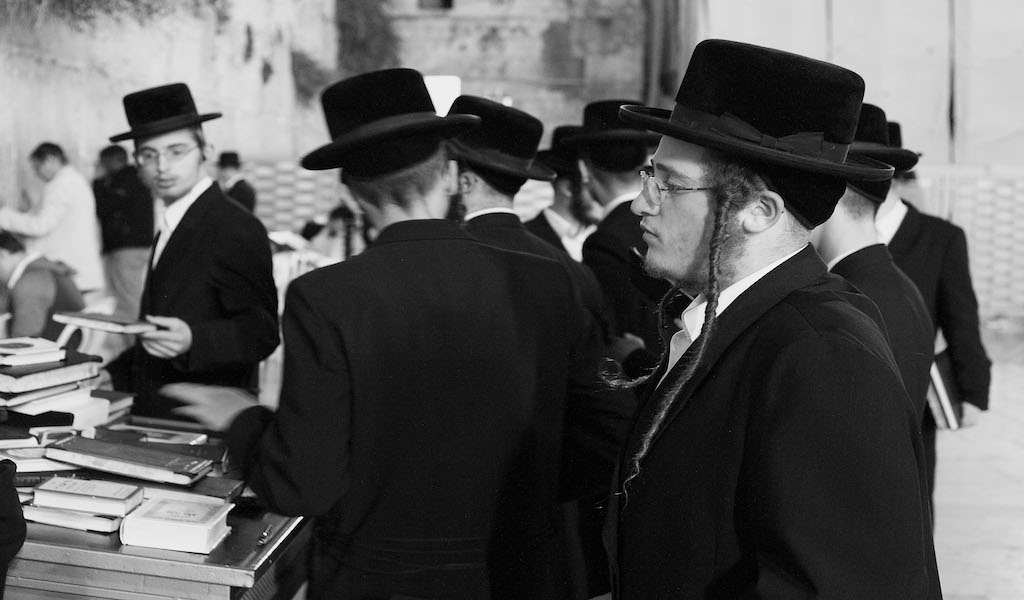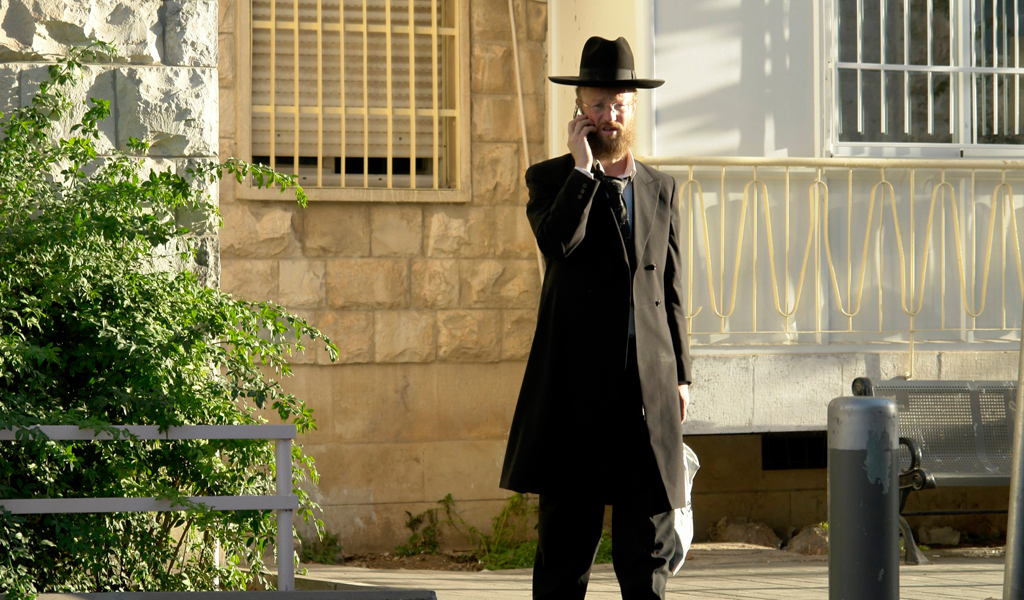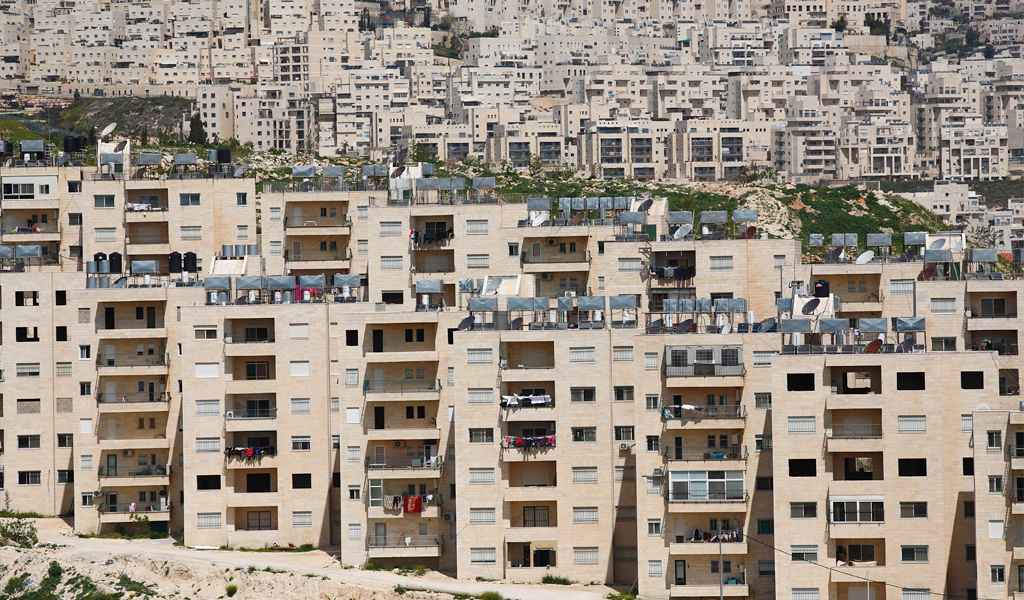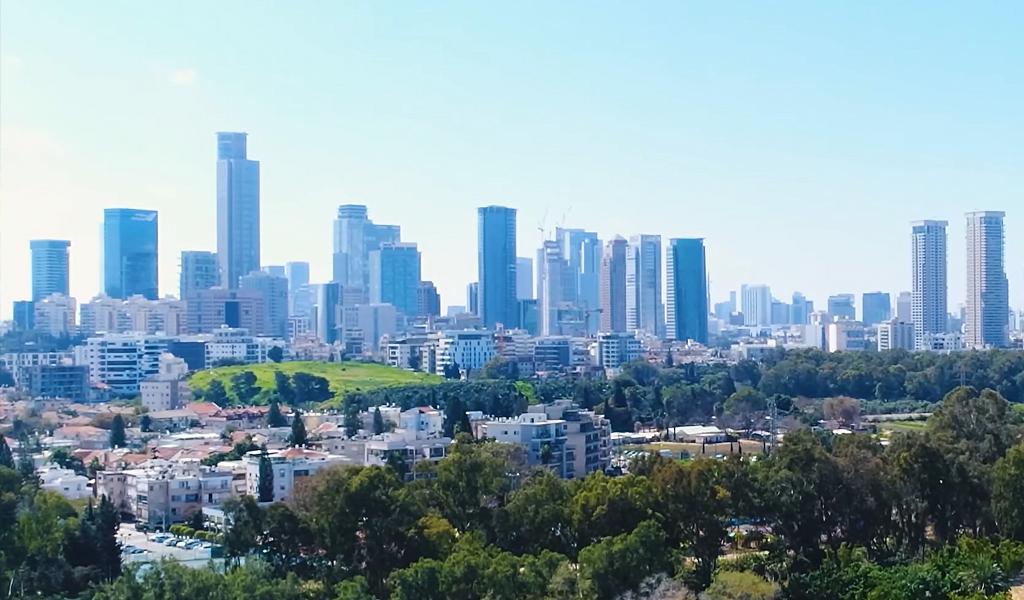The government and judicial system
Israel is a parliamentary democracy with a unicameral system. The parliament meets in Jerusalem, has 120 members and is called the Knesset. Members are elected by proportional representation on the basis of party lists. All parties that can win at least 3.25 percent of the votes in the elections, which take place every four years, are entitled to representation in the Knesset. This low hurdle means that the Israeli party landscape is highly fragmented.

The representative head of Israel is the President of the State, who is elected by the Knesset for a seven-year term. After the elections to the Knesset, the President appoints the leader of the party with the most seats in parliament to form a new government. Due to the strong fragmentation of political forces in parliament, Israel is always governed by coalition governments with representatives from different parties (see Parties and party alliances in the Knesset). The head of government holds the office of Prime Minister. The government has far-reaching powers, but can be put in its place by the Supreme Court.
Israel has a three-tier secular judicial system and courts for the individual religious communities. The Supreme Court of Israel in Jerusalem is of great importance. This is due to the fact that Israel still does not have a constitution like Switzerland, for example. The most important legal foundations are the Declaration of Independence of 1948 and twelve so-called “Basic Laws”, which were passed between 1958 and 2018 and deal with the fundamental principles of the state, for example the parliament and government, the state budget, the army, freedom and human dignity, etc.
New laws and government decisions can be reviewed and rejected by the Supreme Court if, in its opinion, they contradict one of the twelve basic laws. In July 2023, parliament passed a law withdrawing this power from the Supreme Court. This parliamentary decision led to massive popular protests until the outbreak of the Gaza War in October 2023. On January 1, 2024, the Supreme Court ruled that the parliamentary decision of July 2023 was null and void.
Legal issues concerning marriage and divorce, guardianship, maintenance or adoption are decided in Israel by the courts of the respective religious community. For Jews, these are rabbinical courts and for Muslims, Sharia courts. The Druze and the Christian communities recognized in Israel also have corresponding institutions. The legal interpretation of these courts is at odds with the secular legal interpretation with regard to gender equality or questions of homosexuality. Religious freedom is given priority here.
Political parties and party alliances in the Knesset
Likud (right-wing nationalist)
Yesh Atid (liberal center party)
HaTzionut HaDatit (right-wing religious party alliance)
HaMachane HaMamlachti (Zionist liberal)
HaDemokratim (Zionist, social democratic)
Shas (Sephardic-ultra-Orthodox)
United Torah Judaism (Ashkenazi ultra-Orthodox party alliance)
Israel Beitenu (secular-nationalist)
Ra’am (United Arab List, anti-Zionist)
Ta-al (Arab party)






